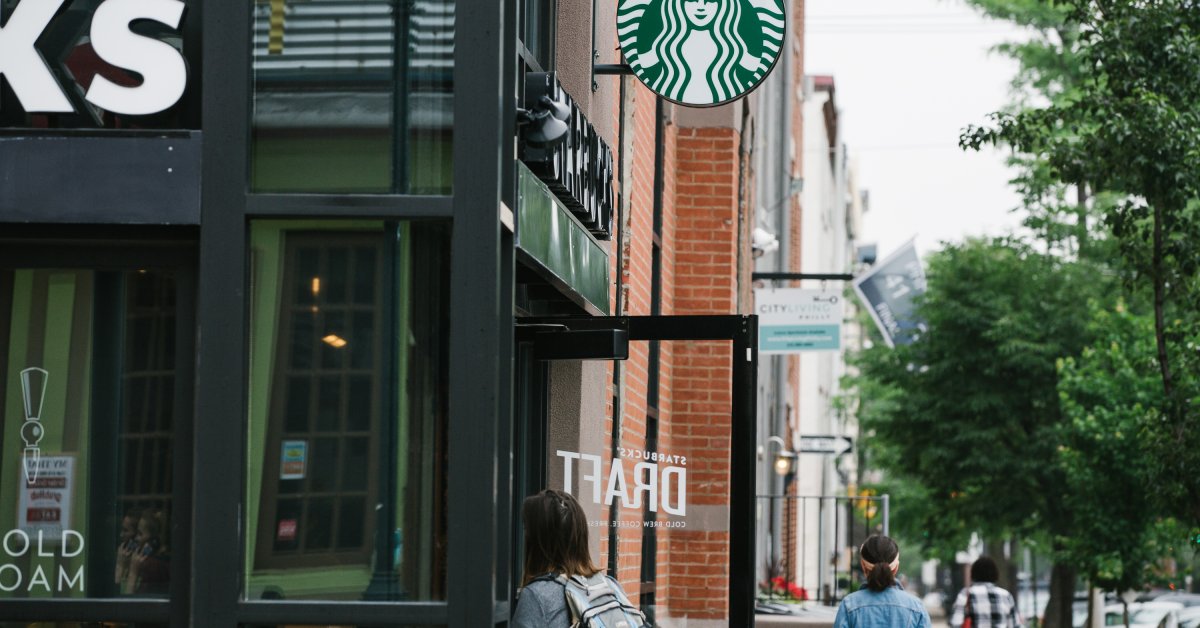In a world where social injustices persist, the examination of racial bias is increasingly prevalent. Yet, one may ponder, how do we transcend conventional training methods? The Bahá’í Faith offers a unique framework for understanding and addressing racial bias, encompassing spiritual principles that extend beyond mere education. This exploration will delve into the teachings of the Bahá’í Faith, offering a multidimensional approach to transform societal attitudes and foster genuine unity.
The first fundamental concept to grasp is the oneness of humanity. This cornerstone of Bahá’í belief posits that all people are created equal, irrespective of race, ethnicity, or nationality. By embracing this notion, one challenges the deeply entrenched societal narratives that propagate division. Furthermore, the Bahá’í teachings emphasize that prejudice—be it racial, religious, or cultural—is an inherent survival challenge, demanding an introspective battle against the ingrained biases that reside within us all.
To confront these biases, a Bahá’í approach advocates for the cultivation of a profound consciousness towards individual and collective behaviors. Intentional reflection is essential; individuals must analyze their thoughts, feelings, and actions in the context of racial biases. This introspective journey often requires one to confront uncomfortable truths about oneself and society at large. By embarking on this path of personal examination, one can recognize the invisible barriers that hinder unity, and consequently promote an authentic commitment to racial justice.
Moreover, education, as situated within a Bahá’í framework, transcends traditional methodologies. The Faith underscores the importance of moral and spiritual education, which is paramount in the pursuit of combatting racial bias. This form of education is not merely about transmitting information; it involves nurturing qualities such as compassion, empathy, and understanding. Through the lens of spiritual education, individuals can appreciate the interconnectedness of humanity, allowing them to dissolve the arbitrary barriers of race and culture.
In addressing racial bias, Bahá’í teachings also advocate for the power of community engagement. Communities play a pivotal role in transforming individual consciousness into collective action against prejudice. The Bahá’í community encourages collaborative efforts among diverse groups to foster friendships, cultural exchange, and dialogue. These interactions not only facilitate understanding but also create social environments where racial bias is actively challenged. Engaging with others from various backgrounds cultivates a rich tapestry of experiences, guiding participants towards a shared vision of equality.
However, this endeavor presents a formidable challenge. The persistent influence of systemic racism can often feel insurmountable, leading to feelings of helplessness and despair. In grappling with these systemic issues, the Bahá’í Faith offers an essential principle: the necessity of perseverance. Despite seemingly insurmountable obstacles, perseverance bolsters hope. The teachings encourage individuals to remain steadfast in their commitment to racial unity, continually seeking transformative solutions, however incremental they may be.
In conjunction with this perseverance, the Bahá’í model emphasizes the role of consultation as a tool for problem-solving. Effective consultation encourages diverse perspectives and collective deliberation, allowing participants to explore the intricacies of racial bias collaboratively. This method fosters an environment of trust and respect, wherein individuals feel valued and heard. In transcending traditional hierarchies, consultation inspires collective responsibility in identifying and dismantling the structures that perpetuate racial inequity.
Furthermore, the Bahá’í teachings highlight the significance of the arts as a powerful medium for dismantling racial bias. Art has the unique ability to evoke emotions and provoke thought, often bypassing conventional barriers. Through music, literature, visual arts, and other creative expressions, artists can catalyze dialogues about race and identity. These platforms not only challenge stereotypes but also celebrate the richness of diversity. Engaging with the arts opens avenues for understanding and empathy, ultimately fostering a climate of acceptance and shared human experience.
In summary, the Bahá’í approach to addressing racial bias surpasses conventional training paradigms by advocating for a holistic, multifaceted engagement with the issue of race. Central to this framework is the oneness of humanity, which directs one’s focus towards the underlying spiritual reality binding all people. Through personal reflection, moral education, community engagement, perseverance, consultation, and the arts, individuals and communities can foster a movement toward genuine racial unity.
The challenge ahead remains significant, yet the Bahá’í teachings provide a comprehensive roadmap for navigating the complexities of racial bias. By embodying these principles, we can aspire not only to challenge existing prejudices but to cultivate a society rooted in equity, compassion, and mutual respect. The transformation of hearts and minds is a profound and enduring journey that beckons each of us, inviting participation in the collective endeavor of building a more just world.
